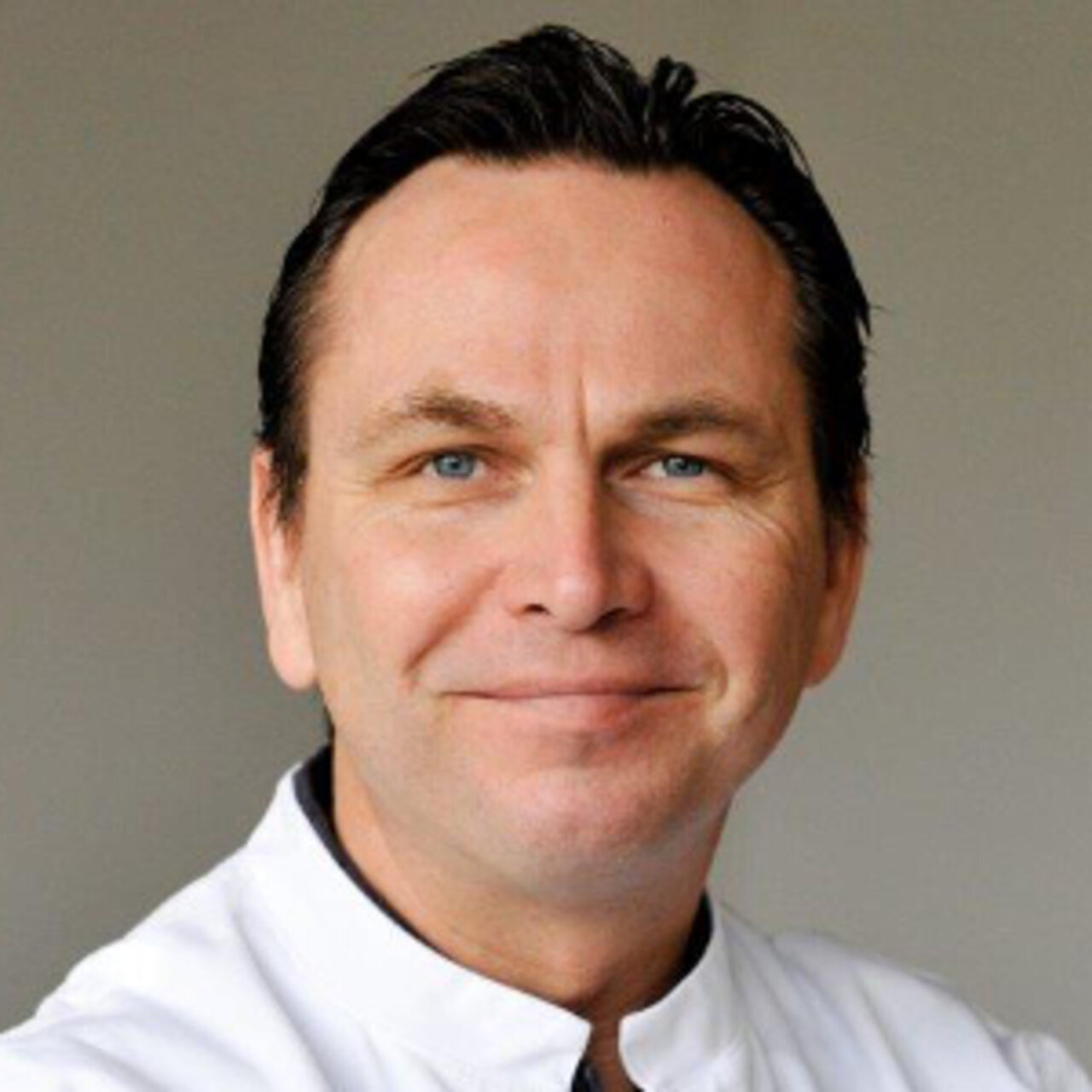Specialists in Hand surgery
4 Specialists found
Information About the Field of Hand surgery
What is Hand Surgery?
Hand surgery is a sector of general surgery. Hand doctors specialize in this medical branch after completing studies in general human medicine. Hand specialists are concerned with the surgical treatment of hand injuries and traumas or diseases of the upper extremities. Hand surgery has developed from orthopedics as well as from general and trauma surgery. Subspecialties of hand surgery are reconstructive and plastic surgery.
In Germany, hand surgeons receive their title after about three years of special training in hand surgery. The contents of this discipline can differ from place to place and it is usually determined by respective medical associations. Before a hand orthopedic can specialize in hand surgery, he must earn a degree in orthopedics, surgery, trauma or plastic surgery first.
Hand surgery in Germany is organized by the German Society for Hand Surgery (DGH). This institution also unites with the German Society for Trauma Surgery (DGU) and the German Society for Orthopedics and Orthopedic Surgery (DGOOC).
What Are the Duties of a Hand Doctor?
Hand specialists typically deal with the diagnosis and treatment of chronic and acute injuries or deformities of the upper extremities. This includes shoulder, upper arm, forearm, the hand itself, all fingers, and thumb surgery.
The hand doctor always strives to detect diseases, injuries, tumors or malformations of the hand. He aims to prevent illnesses as possible and of course takes conservative or surgical measures. The exact duties of a hand specialist include the following diseases or injuries:
- Burns of the upper extremities including fingers and thumb
- Infections of soft tissues and upper limb bones
- Cysts (eg: ganglia) and benign or malignant tumors of hand and arm
- Injuries of finger bones, tendons and ligaments, wrist fractures, distal radius fractures, plus fractures of the ulnar joint
- Injuries of blood vessels and nerve fibers of hands and arms as well as reconstruction of those body parts including amputation of hand, fingers, and thumb
- Chronic inflammation and diseases of joints (rheumatism, arthritis, arthrosis), circulatory disorders, and paresthesias of soft tissues and bones, compression of nerves, tendons (eg: carpal tunnel syndrome), and connective tissue of the upper extremities
- Hereditary malformations such as polydactyly (multiple-fingeredness) and abnormalities of thumbs (thumb aplasia)
- Treatment of Complex Regional Pain Syndrome (CRPS)
- Therapy and recovery (motor replacement surgery) of functional loss or limitations of arms and hands due to paralysis or injury
- Early childhood deformities
- Rheumatism
- Replacement and rehabilitation of individual fingers including entire forearm by the use of prostheses
Which Tools Does a Hand Doctor Use to Perform Hand Surgery?
The hand specialist uses a special set of instruments to apply atraumatic surgical techniques. He employs loupe or telescope glasses as well. Usually, in complex cases like reconstruction of vessels and nerves, the hand surgeon also works with a surgical microscope.
In order to achieve a relative bleeding stop, the hand orthopedic fixes the arm with a cuff (respectively with a device called tourniquet), thus interrupting the blood flow during surgery. For a successful operation, it is important to arrest bleeding forcibly. For this purpose, the orthopedic hand surgeon unwinds the arm from the proximal extremities ahead of blood vessel compression.
Which Doctor or Clinic Practices Hand Surgery in Germany?
Someone with an injury or a disease of the upper extremities wants the best medical care. That's why the patient asks himself, where to find the best hand doctor or hand clinic in Germany. Since this question cannot be answered objectively and a reputable doctor would never claim to be the best, one can only rely on the doctor’s experience. PRIMO MEDICO helps you to find a hand surgery specialist and listed an experienced hand doctor in the following city:
German Sources:



